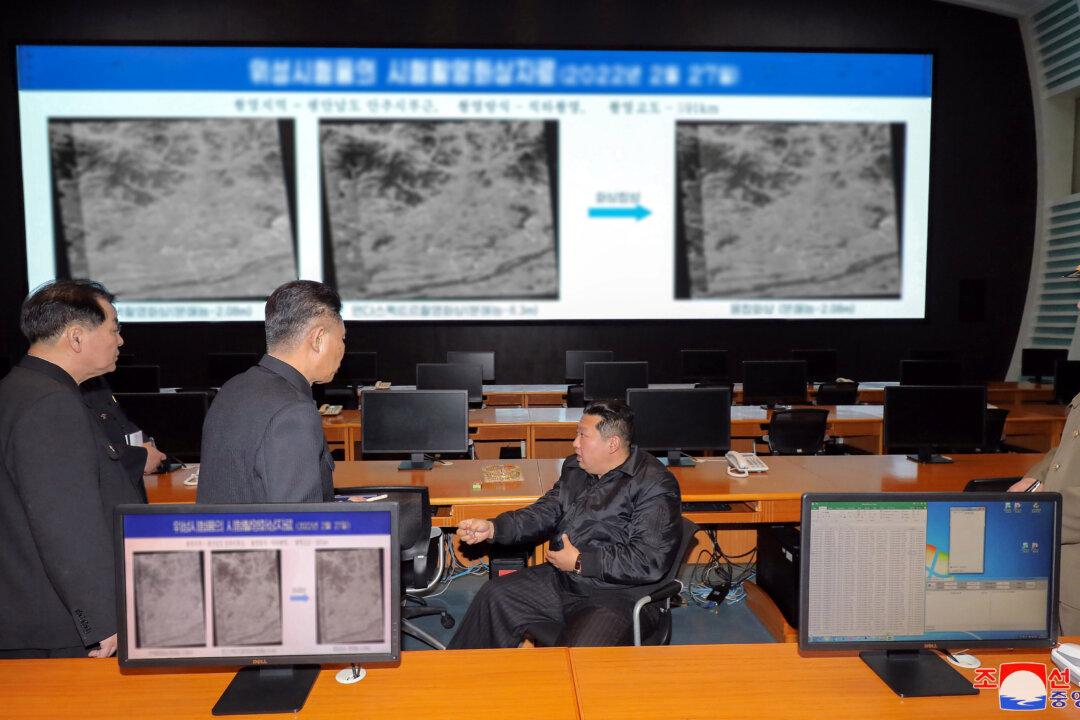South Korea conducted a salvage operation on Wednesday to recover an object presumed to be the wreckage of a North Korean military spy satellite that had crashed into the sea due to rocket malfunction.
North Korea launched its military reconnaissance satellite using the newly developed “Chollima-1” rocket at around 6.27 a.m. local time on Wednesday at the North’s Sohae Satellite Launching Ground.





